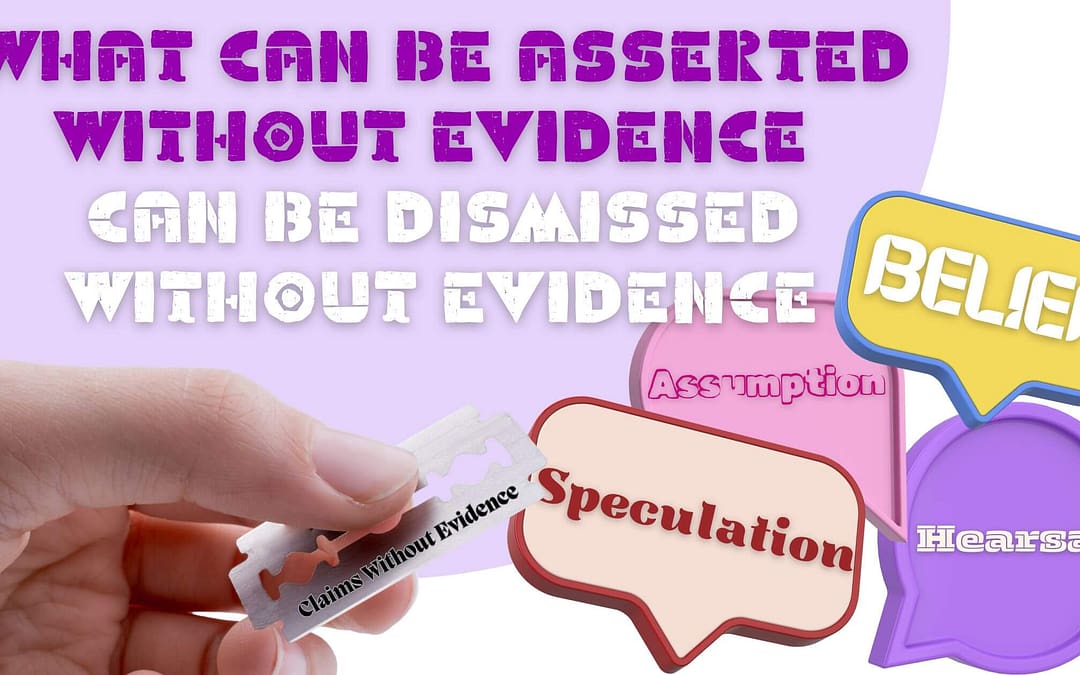At one point or another, you’re bound to disagree with someone. You might be thinking of a past disagreement or even a future one that you haven’t had yet. But how do you have a disagreement and successfully deliver a critical commentary that the person you disagree with can genuinely hear without the conversation devolving into an argument? That’s where Rapoport’s rules come in.
What are Rapoport’s rules for disagreeing?
- You should attempt to re-express your target’s position so clearly, vividly, and fairly that your target says, “Thanks, I wish I’d thought of putting it that way.”
- You should list any points of agreement (especially if they are not matters of general or widespread agreement).
- You should mention anything you have learned from your target.
- Only then are you permitted to say so much as a word of rebuttal or criticism.
You might have noticed that to disagree with someone or offer your criticism, you need to first listen to what they’re saying. You also need to clarify to the other person that you understand what they’re trying to say before you respectfully disagree with them. And the only way to do that is to re-express what this person is trying to say better than they can say it themselves.
Evaluate the goal of your disagreement
Rapoport’s rules are best applied if your goal is to have a meaningful conversation about your disagreement. It’s not for when you want to argue, score points with anyone who happens to be listening, or degrade the person you are differing from. This is why you must evaluate the goals behind your disagreement before you try to offer your criticism.
If your goal is non-constructive, that’s precisely how you’re criticism will sound. That’s why Rapoport’s rules require you to restate your “opponent’s” argument and tell them what you’ve learned from them. Doing this forces you to see the reason behind their argument, even if you still disagree with it in the end.
Do you really know the opposing argument?
Re-expressing your target’s position in a way they can agree does it justice is a lot harder than it sounds. The problem with most people offering criticisms is that they oversimplify the opposing view, assuming their view is the product of superior reasoning. If that’s how you approach re-expressing the opposing view, there’s no way they’re going to think you have a good understanding of their position.
Only after doing the opposing view justice and stating anything that you might have learned from the other person, are you “permitted” to offer your criticism. A successful critical commentary can only occur when the other person permits you to be heard. Otherwise, you might as well tell your constructive criticism to an empty room.
A successful criticism isn’t successful for the mere fact of being correct. It’s only successful when the other person can hear it and use it constructively.











